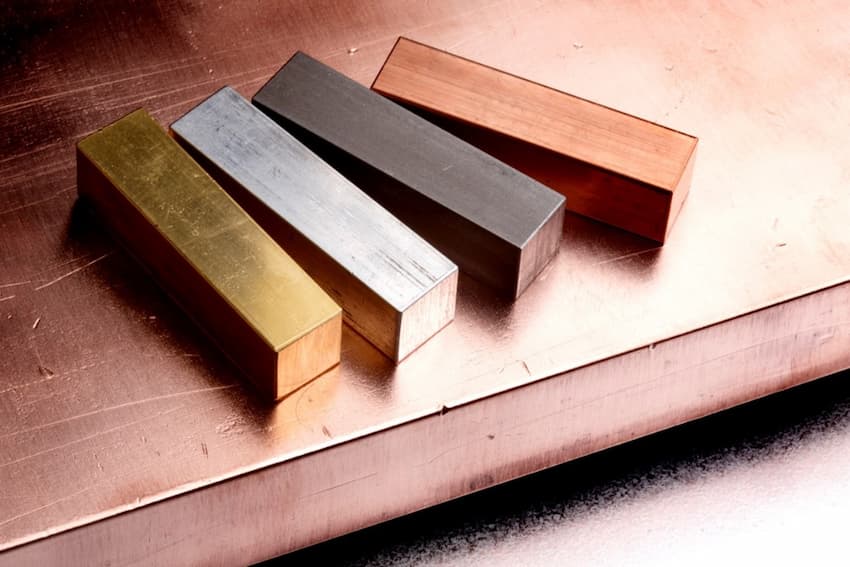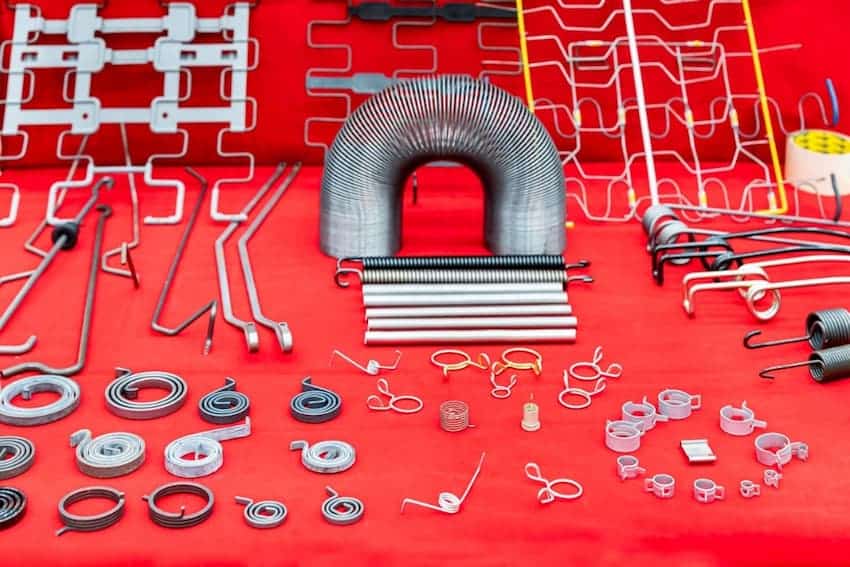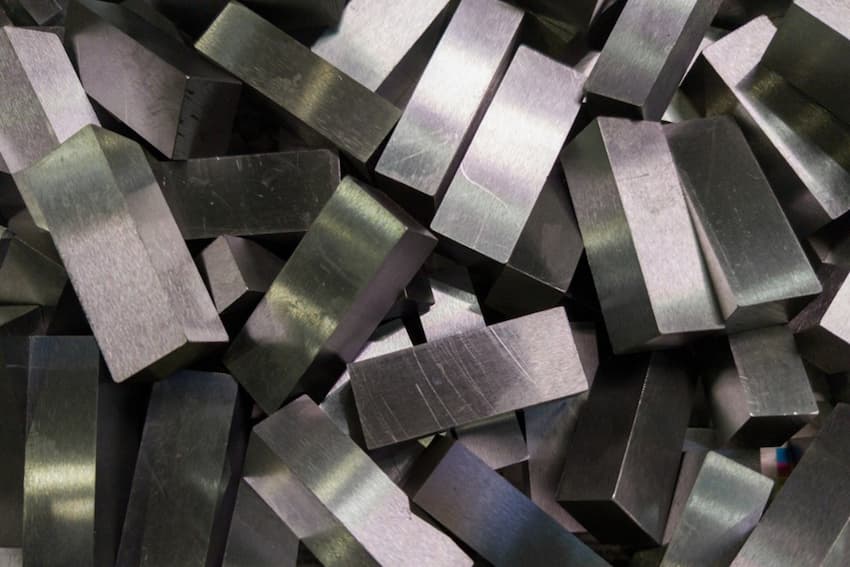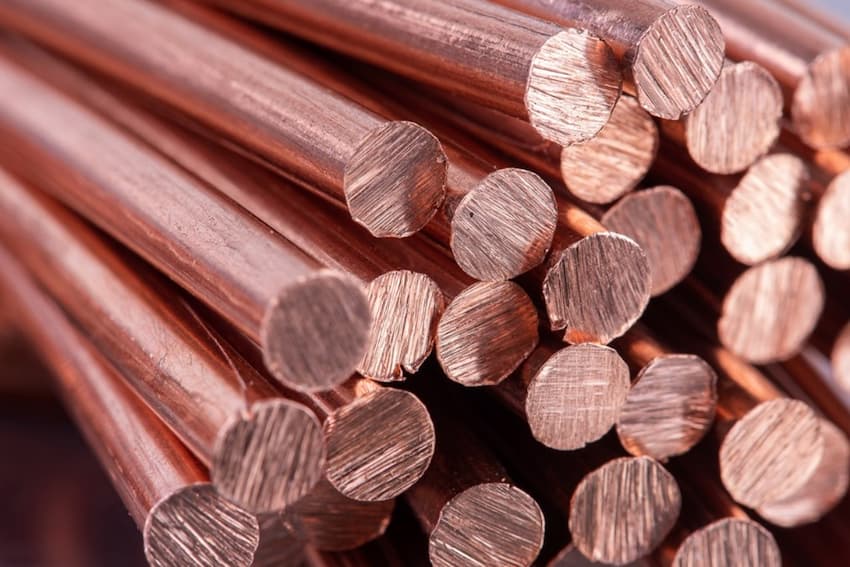Materials Matter: The Best Options for Springs and Pressings

In this blog, we will dig into the best materials for manufacturing springs and pressings, examining their varied applications across different sectors.
Why Is Material Choice So Important?
Before delving into the specifics, we need to have a solid understanding of the importance of material choice in the manufacturing of springs and pressings. The material selected not only determines the structural integrity of the final product but also heavily determines its performance characteristics. This includes aspects such as flexibility, implying the product’s ability to bend without breaking; reliability, referring to the product’s capability to perform its function over time consistently; and durability, which speaks volumes about the product’s ability to withstand wear, pressure, or damage over its expected life span.
Even more, it is important to remember that the capacity of a spring or pressing to handle diverse pressures, fluctuating temperatures, and varying environmental conditions is deeply interconnected with the properties of the chosen material, like tensile strength, ductility, malleability, and corrosion resistance. These directly influence how the product reacts to these factors; consequently, the selection of material is a complex process that must consider all these aspects to ensure superior performance.
The Impact of Materials on Springs and Pressings Performance
As previously mentioned, the performance of springs and pressings is directly linked to the materials employed in their manufacturing. Careful material selection is fundamental, as the specific application sector and its unique requirements dictate the best-suited material for each given use case. Various alloys demonstrate distinct characteristics, such as strength, elasticity, and corrosion resistance, all of which play a crucial role in determining their suitability for certain applications.
A thorough and informed material selection process is therefore necessary not only to ensure the final product aligns with the exact requirements of the intended application but also to maximise the potential benefits offered by the chosen material. By selecting the most appropriate alloy, companies can tailor their springs and pressings to the specific demands of each project. Consequently, this process leads to improved performance and increased longevity of the components.
Best Materials for Springs
When it comes to springs, materials can make a significant difference in their performance, longevity, and reliability. The right material will enhance the spring’s ability to absorb and store energy effectively and resist wear and tear – like in compression springs – even under the most challenging conditions. Let’s look at the best materials to use for spring manufacturing.
Steel: The Backbone of Springs
Steel remains a must in spring manufacturing. Its robustness, high tensile strength, and cost-effectiveness make it a popular choice across various industries. Springs crafted from steel offer incredible durability, ensuring they can endure repeated cycles without compromising their structural integrity.
Stainless Steel: Resilience with Corrosion Resistance
Stainless steel is a prime choice when considering applications where exposure to moisture and harsh environmental conditions is inevitable. Its alloy composition, including chromium and nickel, provides an extra layer of protection against rust and corrosion.
Alloys: Tailoring Performance to Precision
Alloy springs offer a tailored approach to performance as they blend various metals. Depending on the alloy composition, these springs have excellent characteristics such as heightened flexibility, heat resistance, and specific mechanical properties. Alloy springs find applications in industries requiring precision and specialised functionality.
Materials in Pressings: Ferrous Vs Non-Ferrous Metals
In pressing manufacturing, factors such as tensile strength, malleability, and resistance to wear and corrosion become critical considerations. Here, we will shine a spotlight on the best materials employed in pressing production, highlighting their attributes and role in creating superior-quality components.
Ferrous Metals: Strength and Formability
Ferrous metals, including iron and steel, provide the structural integrity needed for applications demanding robust components. The malleability of ferrous metals makes them suitable for complex pressings without compromising on strength. Moreover, the resilience of ferrous metals ensures the resulting metal pressings can stand up to demanding applications. Whether it is heavy machinery or vital components in an electronic device, products made with ferrous metals have the strength and durability to function in high-stress situations, assuring long-lasting performance.
Non-Ferrous Metals: Lightweight Versatility
Non-ferrous metals, including aluminium and copper, among others, bring an element of lightweight versatility to pressings. Industries seeking components with reduced weight without sacrificing strength often turn to non-ferrous metals for their pressing needs. For instance, aerospace, automotive, and electronics industries frequently utilise non-ferrous metals in their pressings to achieve the desired balance between weight reduction and structural integrity. Additionally, these materials exhibit excellent corrosion and rust resistance, which further extends the lifespan of pressed components, guaranteeing continued performance even under harsh environmental conditions.
European Springs’ Approach to Material Selection
At European Springs Ireland, as a leading spring and pressing manufacturer, we clearly understand the central role of material selection in crafting top-quality products, and our approach is comprehensive and detailed. We start by gaining an in-depth understanding of the specific needs and requirements of each client and the unique applications they are poised for. Then, we study the working conditions the springs or pressings will be exposed to and consider the performance expectations. Using this pool of information, we make recommendations on the most suitable materials.
Our client-centric approach extends to customising each order based on its requisites and fine-tuning our designs until they are a perfect match for the task at hand. This commitment to delivering tailored solutions enables us to ensure the springs and pressings we manufacture exceed the performance standards and longevity expectations of our clients.
As the industry keeps evolving and expanding, our goal remains always the same: to deliver exceptional quality with springs and pressings that set new standards in manufacturing excellence.
Browse our online springs and pressings catalogue or contact us today for a bespoke order, and we will do anything we can to help you take your project to the next level.



